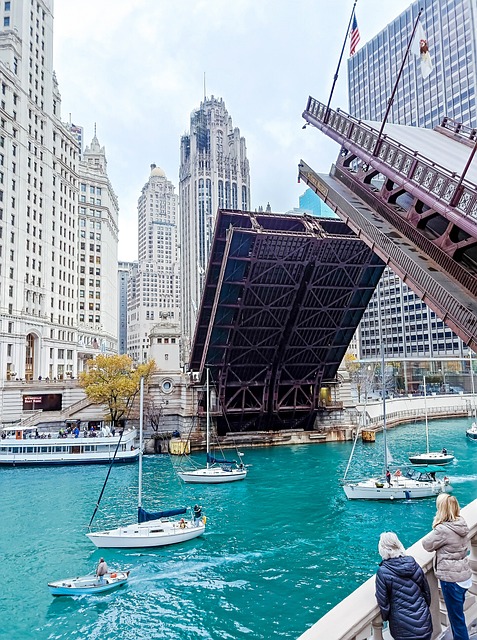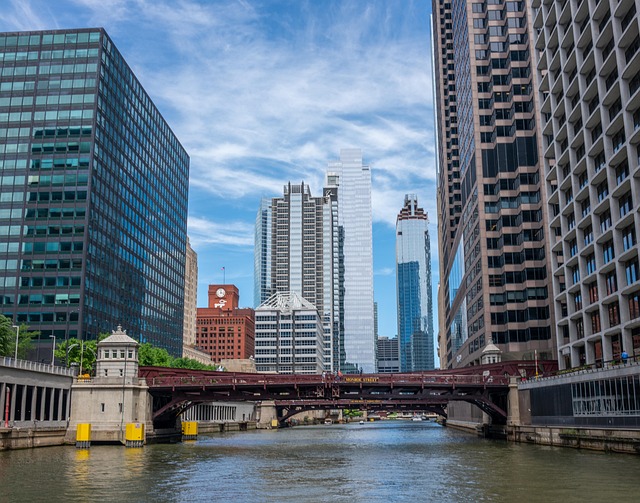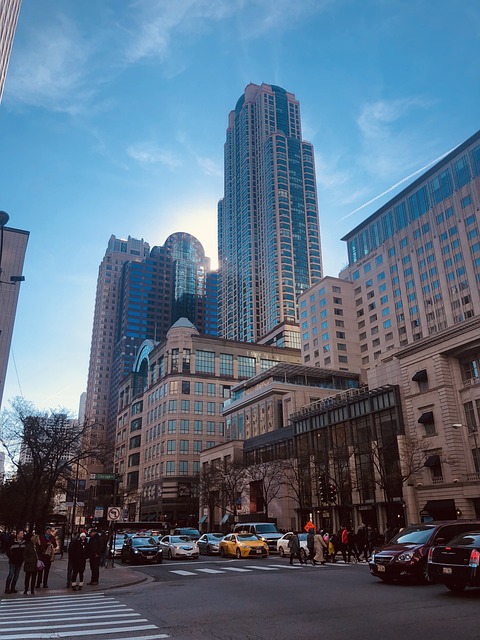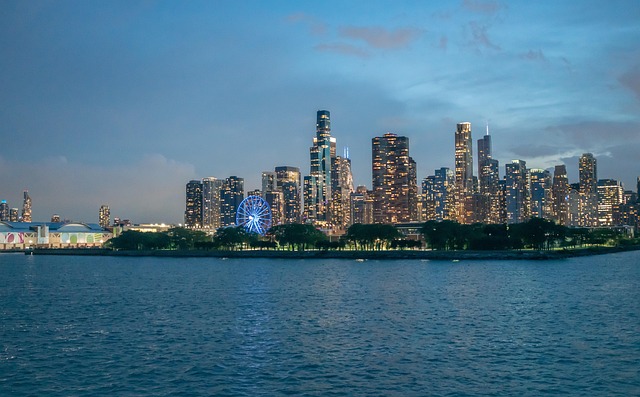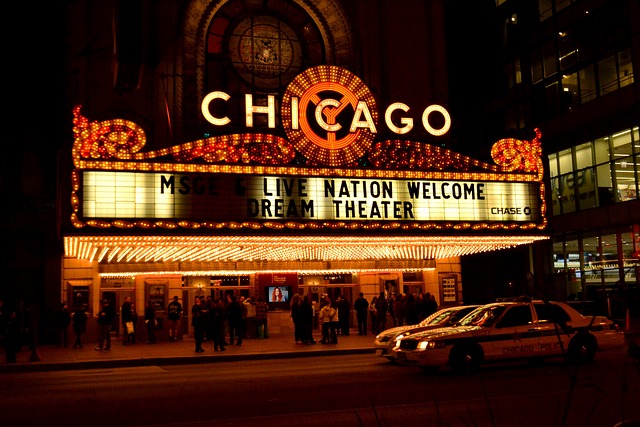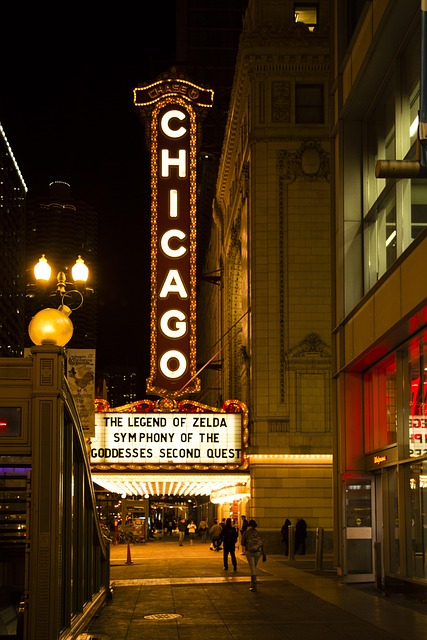Selling a fire-damaged house in Chicago requires understanding the complex smoke damage and its impact on both structure and personal items. Professional remediation services are crucial for restoring properties through debris removal, specialized cleaning, material repairs/replacements, and adherence to local guidelines. This meticulous process ensures safety, maximizes property resale value, and increases the likelihood of successfully selling a fire-damaged home in Chicago.
“In the event of a fire, smoke damage can leave behind a complex web of challenges for property owners in Chicago. Understanding the extent of this hidden hazard is crucial before considering remediation or selling a fire-damaged house in Illinois. This article serves as a comprehensive guide, offering insights into the impact of smoke damage and practical steps to navigate the process. From assessing the scope of repair to preparing your home for sale, learn how to effectively remediate and overcome the aftermath of a fire, ensuring a smooth transition for Chicago homeowners.”
- Understanding Smoke Damage and Its Impact on Properties in Chicago
- A Comprehensive Guide to Selling a Fire-Damaged House in Illinois: Remediation Steps and Considerations
Understanding Smoke Damage and Its Impact on Properties in Chicago
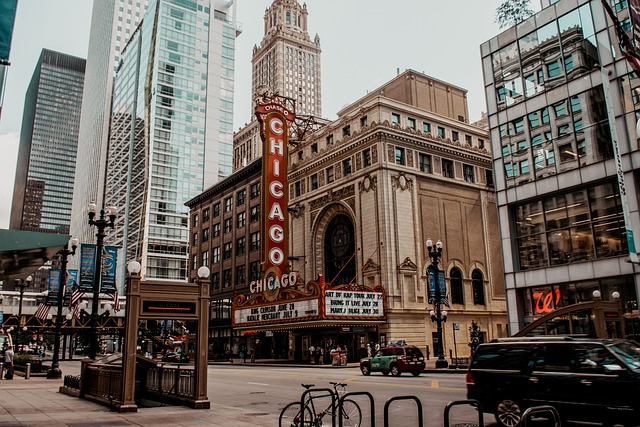
Smoke damage from a fire can leave behind significant traces on properties in Chicago, impacting both structural elements and personal belongings. When smoke comes into contact with various surfaces, it leaves behind a film that contains a mix of chemicals and particles, including water vapor, carbon monoxide, and charred debris. This not only discolors walls and ceilings but also permeates into wood, fabrics, and other porous materials, making it challenging to remove entirely.
For those considering selling a fire-damaged house in Chicago, understanding the extent of smoke damage is crucial. Professional remediation services are often required to restore properties to their pre-fire condition. This involves a multi-step process that includes clearing away debris, implementing specialized cleaning techniques, and repairing or replacing affected materials. Effective smoke damage remediation not only ensures a safer living environment but also maximizes the property’s resale value for homeowners looking to sell fire-damaged homes in Chicago.
A Comprehensive Guide to Selling a Fire-Damaged House in Illinois: Remediation Steps and Considerations

If you’re considering selling a fire-damaged house in Chicago, understanding smoke damage remediation is crucial. The first step is assessing the extent of the damage. Engage professionals who can inspect your property and provide a detailed report on affected areas, from structural integrity to air quality. This process is essential for accurately determining the necessary remediation steps.
After the assessment, remediation begins. It often involves several stages: clearing debris, repairing structural damage, replacing contaminated materials, and decontaminating the air. In Chicago, it’s vital to adhere to local guidelines and regulations during this process. Restoration companies should employ specialized techniques like HEPA air filtration and moisture removal to ensure a safe environment for both buyers and sellers. Once remediation is complete, a professional inspection confirms that your home meets safety standards, making it ready for the market. This meticulous approach enhances the chances of successfully selling your fire-damaged house in Chicago.
When dealing with smoke damage in your Chicago property, understanding the process of remediation is key. If you’re considering selling a fire-damaged house in Illinois, take proactive steps to mitigate the impact. By following a comprehensive guide and adhering to industry standards, you can ensure that potential buyers see past the initial effects and appreciate the restored value of your home. Remember, proper remediation techniques are not only essential for the success of selling but also for the well-being of future occupants, ensuring a safe and healthy living environment in Chicago’s vibrant real estate market.
